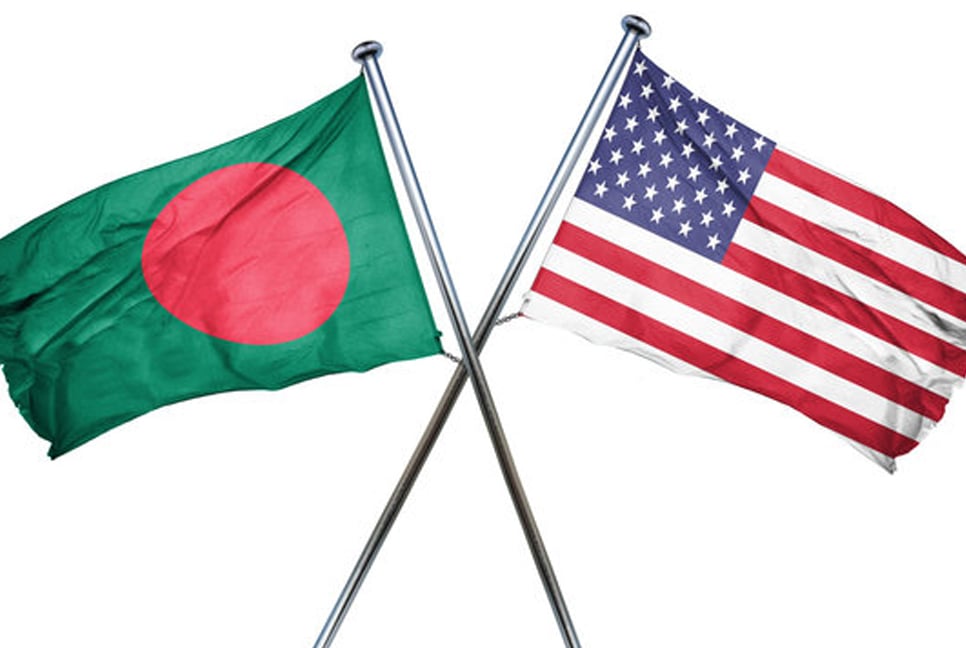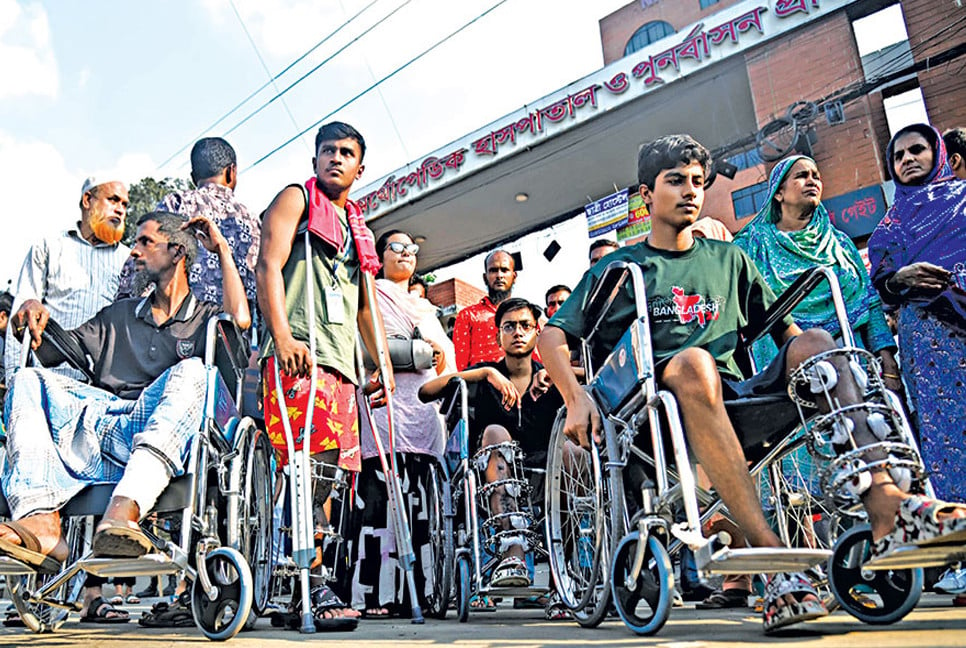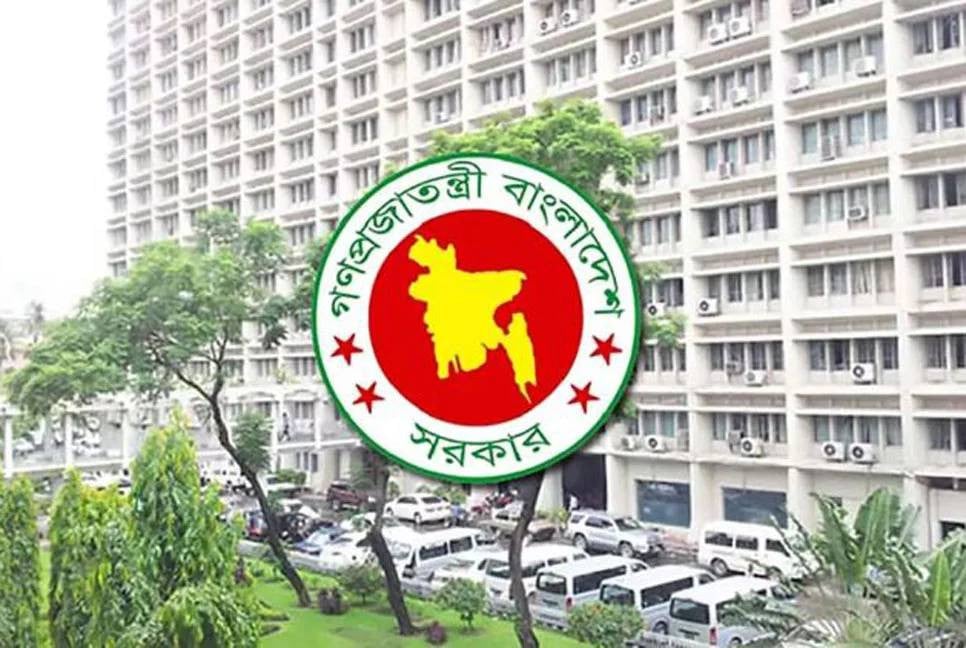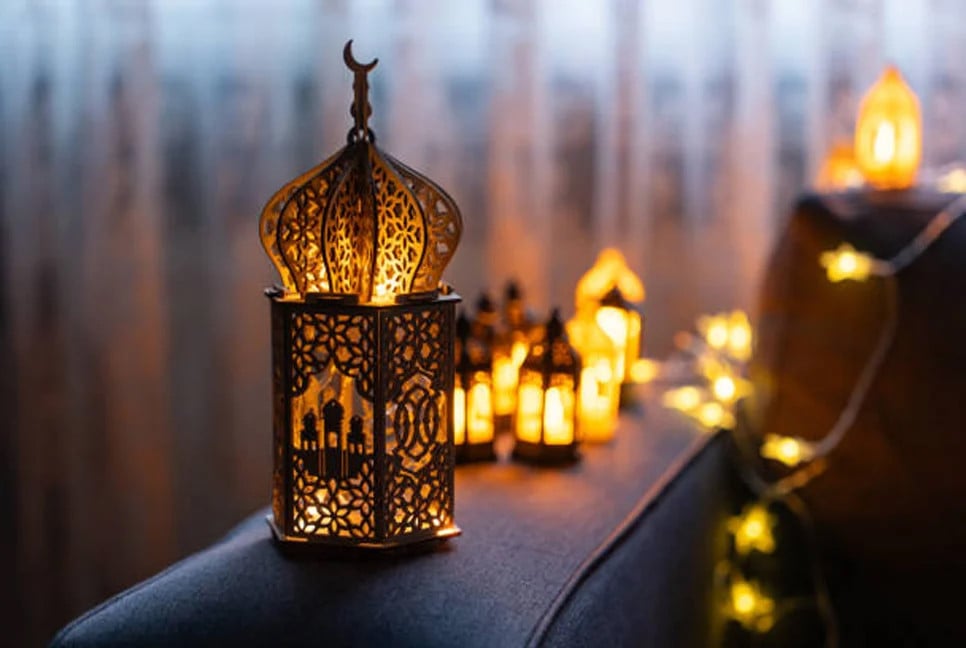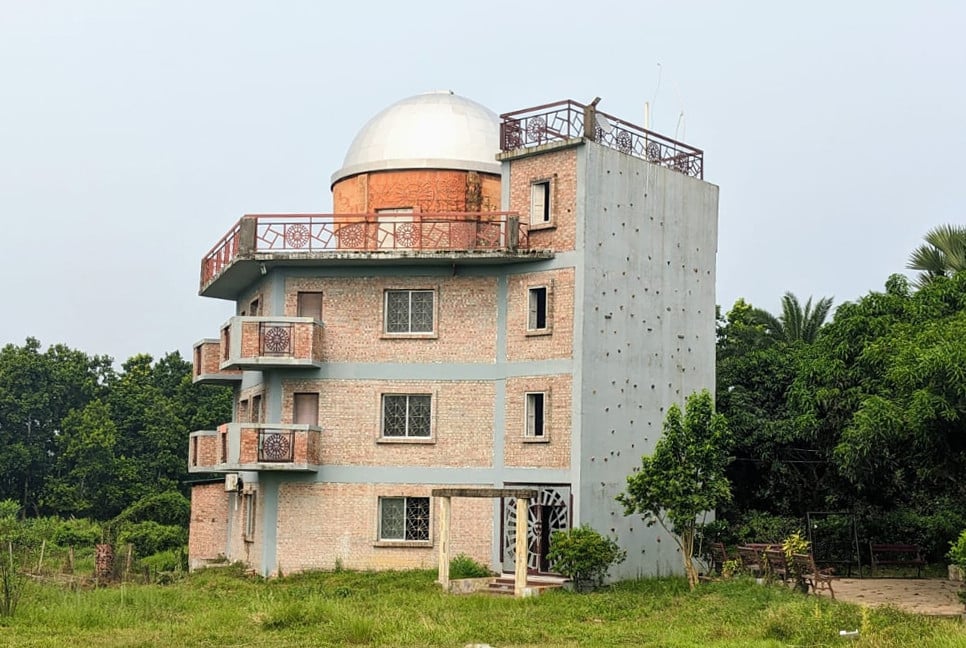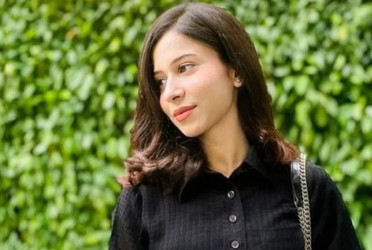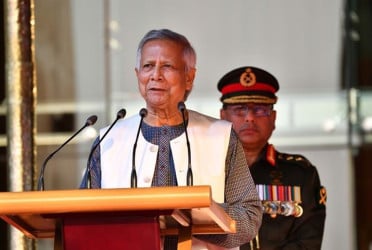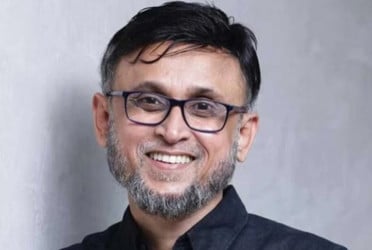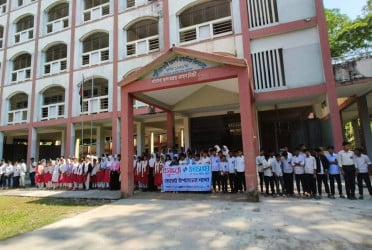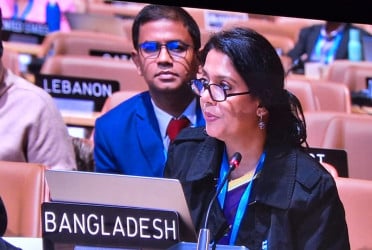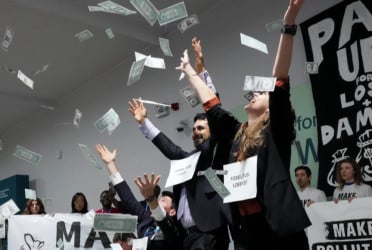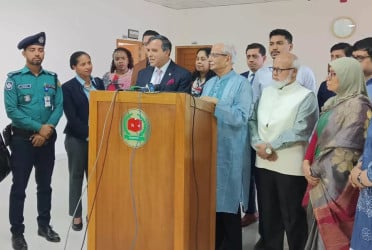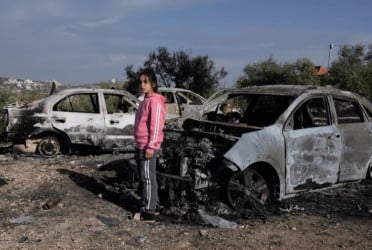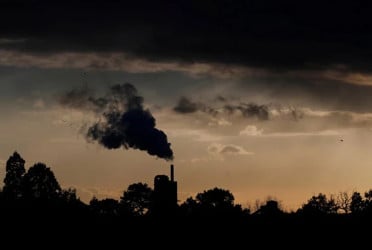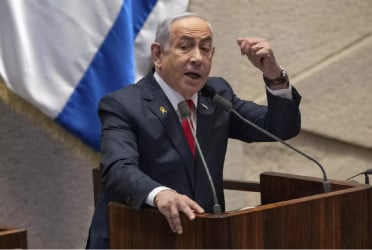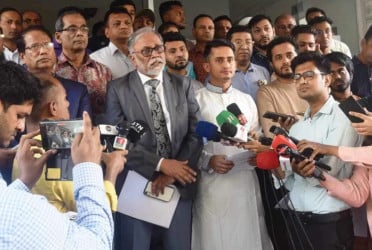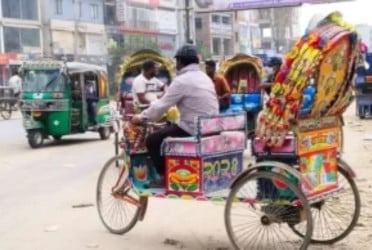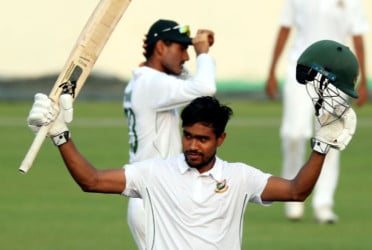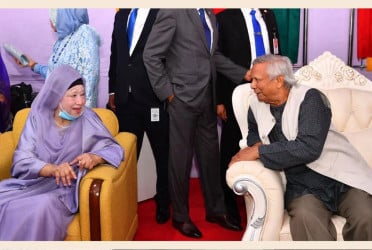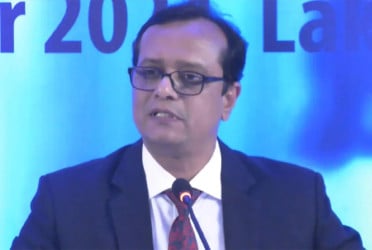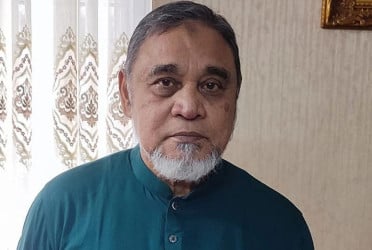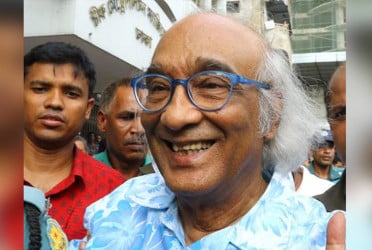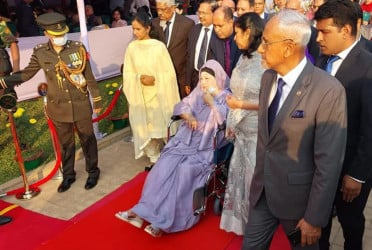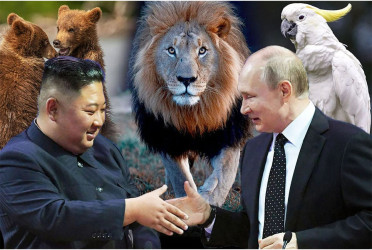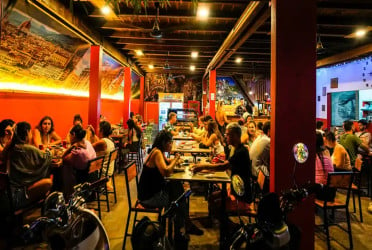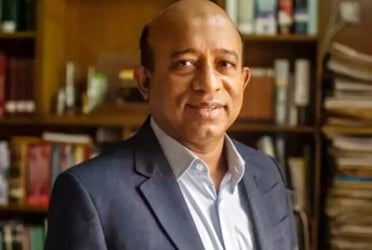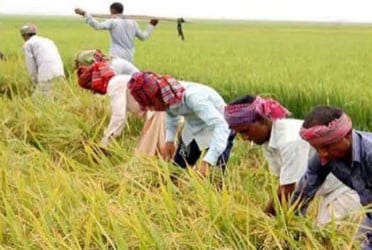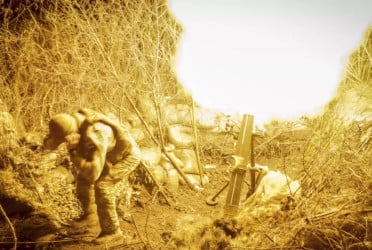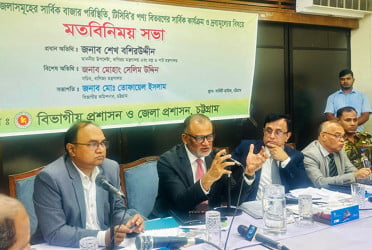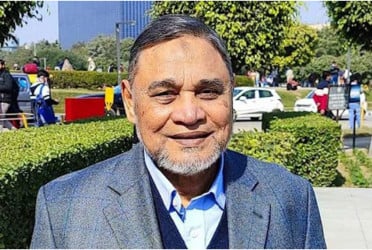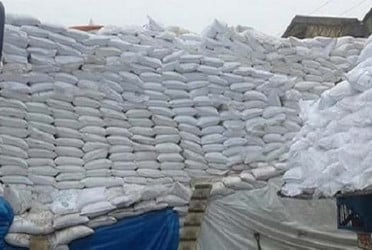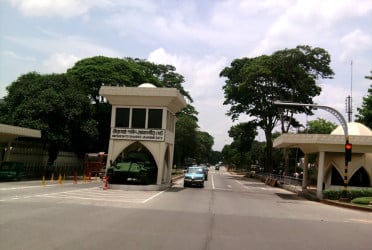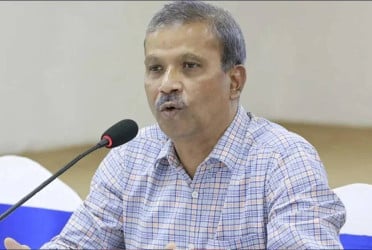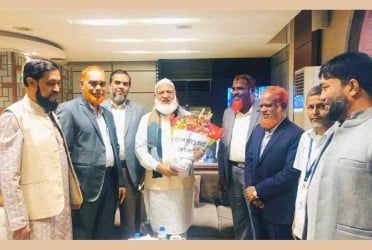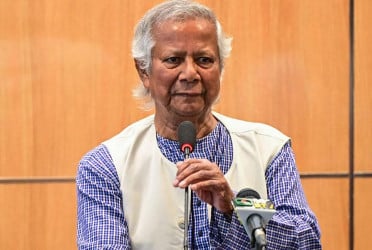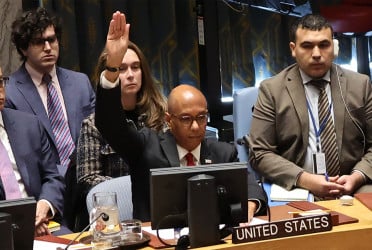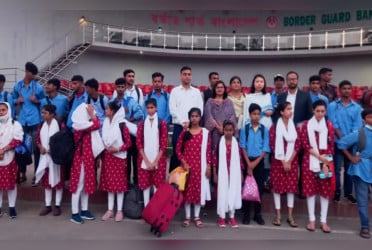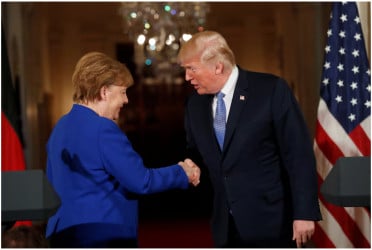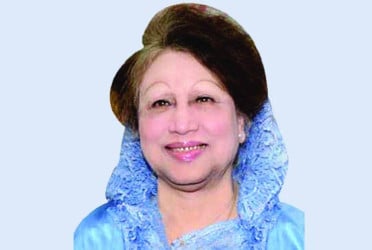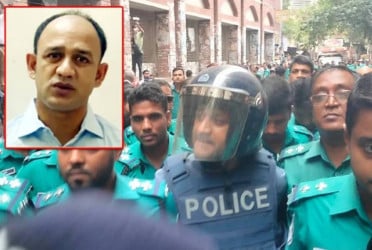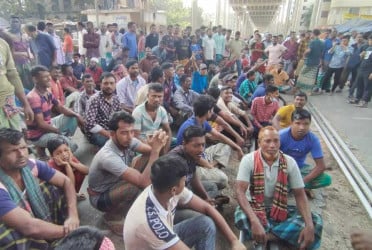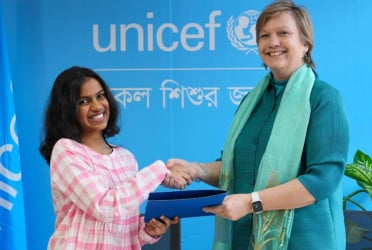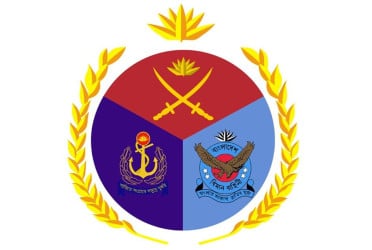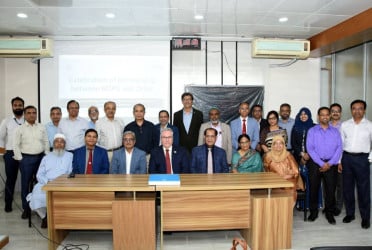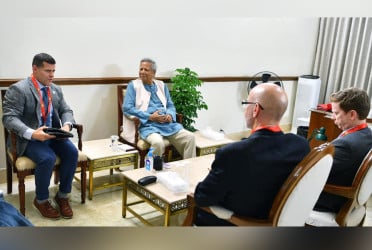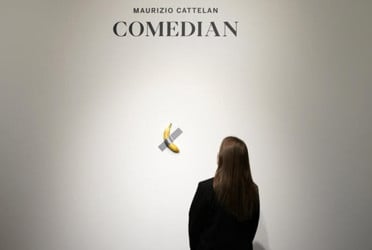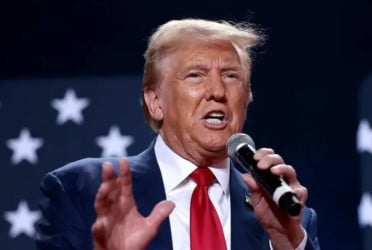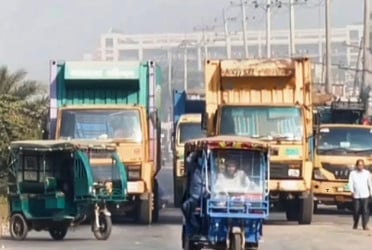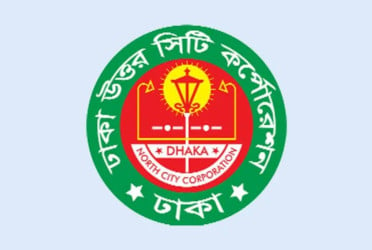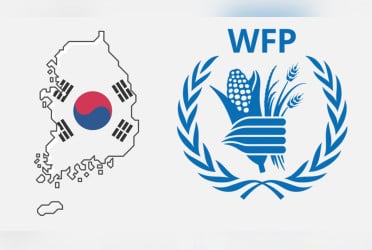The pre-election observation team of the United States visiting Dhaka held a day-long meeting to verify the situation before the upcoming 12th National Parliament Elections.
After the meeting with the officials of the US Embassy, they had a long meeting with the Foreign Minister and the Secretary. After the meeting with the representatives of the European Union, the views of the civil society representatives were taken. In every meeting, they want to know how the upcoming parliamentary elections are going to be who are concerned, and how they are evaluating the election situation.
According to the itinerary, the US pre-election observation team will hold separate meetings with leaders of the ruling Awami League, BNP, and Jatiya Party today. They will meet with the Election Commission and representatives of various organizations on Tuesday.
The joint pre-election assessment mission of the International Republican Institute (IRI) and the National Democratic Institute (NDI) of the United States has started the main work since Sunday. In the morning, the team held a preliminary meeting with US Embassy officials at the American Club in the capital. The delegation is co-chaired by former Assistant Secretary of State for South Asian Affairs Carl F Inderfurth and former USAID Deputy Administrator Bonnie Glick.
There are also former Malaysian House of Representatives member Maria Chin Abdullah, former Assistant Counsel to the US President Jamil Zafar, NDI Regional Director for Asia-Pacific Manpreet Singh Anand, and IRI Senior Director for Asia-Pacific Johanna Kao.
The NDI and IRI organizations have collectively observed more than 200 elections in more than 50 countries over the past 30 years.
The delegation went to the Ministry of Foreign Affairs on Sunday. Had a meeting with AK Abdul Momen and Foreign Secretary Masood Bin Momen for about two hours.
At the end of the meeting, the Minister of Foreign Affairs Momen told reporters that they are all very mature people. They are coming to conduct a free election assessment. They are coming to know what we have done in conducting a free and fair election. They have no opinion of their own. They just want to know how free and fair elections will be held.
“We have said that we have many conflicts in these countries. When there is an election, there is a conflict. But we will have a free, fair, and acceptable election. We want to create an example. Where there will be no violence. But we don't want to. All parties must join automatically. Some say to boycott the vote.”
“We want everyone to choose. The party whose acceptance will win and form the government. When asked whether the observation team had given any message about the participation of all parties, the minister said, nothing was said. I did not discuss this. But we want everyone to participate in the election. But we do not force anyone to take part in elections,” Momen said.
Responding to a question whether the government will take any initiative to bring all parties to the polls, the foreign minister said, “Those who want to vote are welcome from our side. Decisions and headaches for those who don't come.”
“We will not force anyone to vote or force them to vote for any party. We want them to vote as they wish. We have made such an arrangement. We have said that there should be no violence in the campaign process. We are careful to ensure that votes are not sold or rigged. We don't want anyone to force anyone to vote.”
The foreign minister said that there was no discussion about the government during the election period. According to the regime, we will choose the way the election is done in the world. There is no such thing as electoral government in our system of governance.
After leaving the foreign ministry, the US delegation held a meeting with EU officials at the European Union Embassy in the afternoon. Later in the evening, the US delegation held discussions with some civil society figures at Dhaka Westin Hotel.
Sushaner Janoya Nagrik (Sujan) Secretary Badiul Alam Majumdar said, “Whether the US observation team will come or not will depend on the current pre-election observation team report. They just arrived. They will decide whether to send it or not. We have had our say.”
In response to the question whether the delegation had said anything to Badiul Alam Majumdar, he said, “They did not make any comment. Just wanted to know. I have spoken my word. The upcoming national elections were discussed with them. Because a fair and impartial election is needed. In 2014, there was a one-sided election. In 2018, there was no impartial election even though it was a participatory election. There are many complaints about this election.”
“We need a fair, impartial, acceptable, and competitive election. Because every five years we face this problem. Even in 52 years, we could not solve this problem. I could not figure out a fair selection method.”
“I hope our politicians will find a solution through dialogue and compromise. Young generation and brave freedom fighters should sit in dialogue for the sake of blood,” he said.
Badiul Alam Majumdar also said that some preconditions must be met for our elections to be fair. Elections are not a matter of one day. A long-term process, which has many steps that need to be confirmed. Must be free of manipulation. Must be acceptable, and transparent. How many organizations will ensure these? These include Election Commission, administration, law enforcement, and media. There are flaws in them. Many times we do not understand what our election commission says.
“The European Union has said it will not send observers due to budget constraints. I am not sure why they are not sending it. If they felt it was necessary to send observers, they would have done so. The decision was taken based on the recommendations of the report submitted by their pre-election observation team,” he added.
At the end of the visit, the delegation will issue a statement highlighting the positive aspects as well as the areas of concern and practical recommendations. They will hold a series of briefings and consultations with relevant international stakeholders, policymakers in Washington DC, and various organizations in the constituencies of Bangladesh.
Incidentally, a pre-election observation team of the European Union (EU) visited Bangladesh last July. Based on their report, the EU has recently informed that they will not send a full-fledged observer team to the upcoming parliamentary elections in Bangladesh. Later, however, the head of the Election Commission of Bangladesh sent a letter requesting the EU to send observers.
(The report was published in Bengali on print and online versions of The Bangladesh Pratidin on October 9 and rewritten in English by Tanvir Raihan)

